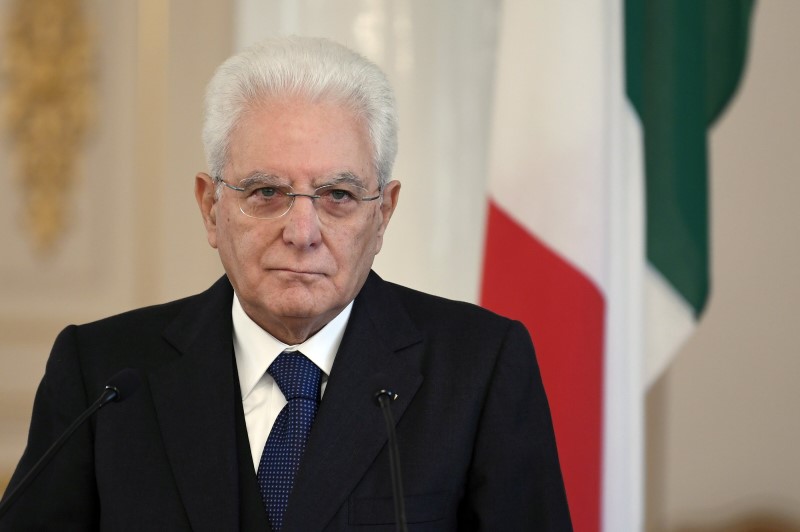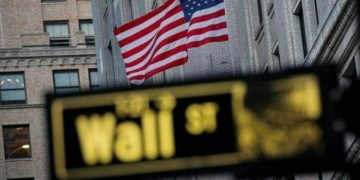 © Reuters. Italian President Sergio Mattarella visits Finland
© Reuters. Italian President Sergio Mattarella visits FinlandBy Giselda Vagnoni and Giuseppe Fonte
ROME (Reuters) – Italy’s president on Tuesday made a rare intervention to defend the country’s central bank chief after the ruling Democratic Party (PD) criticised Ignazio Visco, whose mandate expires in less than two weeks.
President Sergio Mattarella’s office said in a statement sent to Reuters that everyone must “respect their own roles”, after the PD presented a motion to parliament saying the central bank’s inadequate supervision had contributed to the struggles and collapse of numerous banks in recent years.
Taking any position regarding the Bank of Italy “must be inspired by the exclusive criteria of safeguarding the autonomy and independence of the institution,” the statement said.
The centre-left PD’s motion, supported by Prime Minister Paolo Gentiloni’s government, weakens Visco, who is eligible to serve a second term, but it was watered down from an earlier version which had explicitly called for his replacement.
The final document urged the government to restore confidence in the banking system and to find a Bank of Italy governor who is “the most suitable to guarantee renewed trust” in the central bank.
In Italy, the president names central bank governors on the recommendation of the government and the bank’s internal supervisory body. Parliament does not take part in the selection process.
Mattarella favours renewing Visco for a second mandate, a government source told Reuters.
After the statement from the president’s office, PD leader Matteo Renzi said in a radio interview that the party “did not put into discussion the rules of play or respect for the institutions”.
The motion prompted the Bank of Italy to defend its record, with sources there saying the bank had worked to protect peoples’ savings during the worst economic crisis in Italy’s modern history. Also, the Bank of Italy acted in constant contact with the government, they said.
Opposition parties, led by the anti-establishment 5-Star Movement, have blamed Visco for presiding over several major bank scandals and a build-up of bad loans that has toppled 10 banks in two years.
The position of the PD has so far been less clear.
The PD and its allies voted down a 5-Star motion which called for Visco to be replaced. The motion that the PD proposed in response – and which was approved by parliament – was by no means an endorsement of him.
ELECTION LOOMS
Italy’s banking problems are likely to be an issue in a national election due in spring and, by getting rid of Visco, the PD may hope to defuse attacks from the opposition over the way the sector has been handled.
Visco first came under fire in late 2015 when four regional banks collapsed, wiping out the savings of thousands of people who held shares and bonds in them.
A pensioner who had invested in one of the lenders, Banca Etruria, killed himself after discovering his savings were worthless.
This summer Italy pledged more than 20 billion euros ($24 billion) of taxpayers’ money to rescue three of banks, but the wider financial sector is still weighed down by around 300 billion euros of non-performing loans.
Last month a cross-party commission was set up in parliament to investigate the banking scandals, though it is unlikely to complete its work before the election.
Visco has been in office since 2011 and is viewed as a close ally of ECB President Mario Draghi, who preceded him as Bank of Italy governor.
Though the ECB started directly regulating Italy’s 15 largest banks in 2014, the Bank of Italy continues to supervise the financial health of the rest of the sector.
Italy is home to the euro zone’s fourth-largest banking industry.
($1 = 0.8496 euros)
Source: Investing.com


























